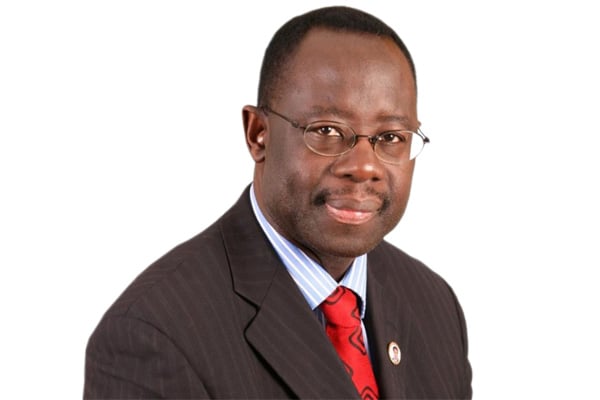Prime
Did Africa die with Nkrumah 50 years ago?

Author: Joseph Ochieno.
What you need to know:
- Nkrumah was a distinct African voice in global affairs.
Wednesday, April 27, marked the 50th year since the death of Ghana’s founding father, Kwame Nkrumah, who died aged 62 in 1972.
He led the country to independence from colonial Britain in 1957, but was deposed in a CIA-inspired military coup in February 1966 while on a visit to South-East Asia.
An egalitarian socialist and pan-Africanist, Nkrumah was the founding president of the Convention Peoples Party (CPP), a sister party to UPC, CCM, ANC and Congress Party of India, among others. Nkrumah was a distinct African voice in global affairs. On Africa, he believed the independence of Ghana was meaningless unless linked up with “total liberation of the African continent”.
His belief system defined were: the ideology of a new Africa, independent and absolutely free from imperialism, organised on a continental scale, founded upon the conception of one and united Africa, drawing its strength from modern science and technology based on Africanist values.
Nkrumah’s core global object was to dismantle colonialism in Africa and the restoration of the dignity of African people lost during slavery and colonialism, enabling Africans to function freely in the coming unified world society as equal players and partners.
Reading through and revisiting some of the core objects of his political tool, CCP party, it was impressive in aims, objectives and achievements.
They sought to enhance the standard of living for all the people of Ghana. They focused on and did build housing, schools, hospitals, road networks (including major dual carriage ways) – some among the best in Africa – and provided safe, clean piped water to villages for the first time, opened up and operated state enterprises, built two cocoa processing plants and factories for sugar, textile plants, glass, chocolate plants, printing press, cement, rubber and shoes, tyres and more.
ALSO READ: Help! Nkrumah monument is a fat lie
Shortly before the coup, work was advanced on a major gold refinery at Tarkwa. Takorodi harbour was extended and a new one built at Tema. Volta and Akosombo dams, subject of African academic studies in geography, were constructed. Other projects were in telecom, shipping and, of course, agriculture.
Impressively, as early as 1961, education became both free and compulsory from primary to university. This then was unprecedented.
CPP’s newspaper then, Evening News, had at its core motto the true driver for the polity: “We have a right to live as men (and women). We prefer self-government with danger to servitude in tranquillity. We have the right to govern ourselves.” Any wonder, Western imperialist powers were scared that with a successful, secure and stable Ghana (and eventually Africa generally) - with others such as Sekou Toure, Abdel Nasser, Patrice Lumumba and Milton Obote - it might be a rather difficult team to manipulate hence, engineered coups?
While you consider that question, just imagine last week’s headlines in Uganda; merely one public hospital project – Lubowa – and the country is more than Shs350b poorer with no apparent explanation, no regrets and no heads rolling.
Then a coffee processing deal involving a questionable Italian ‘investor’. A coffee industry ownership deal that hands over processing control to Italian Enrica Pinetti worth billions and it is business as usual on Nkrumah Road, Kampala.
Kwame Nkrumah, whose son Gamal Nkrumah I have met and exchanged ideas with, and his friend Milton Obote to whom he was to have been a best man in marriage in 1963 and under whose government the coffee processing plant in Bugolobi was built, are both in heaven.
Considering what is going on in their countries and across Africa today, if they were to briefly resurrect this Sunday morning, what would they say?
Wake up Africans (Mathew 13:20-23); nothing will happen to you unless you have understanding.
The writer is a pan-Africanist
[email protected]
Twitter: @Ochieno




